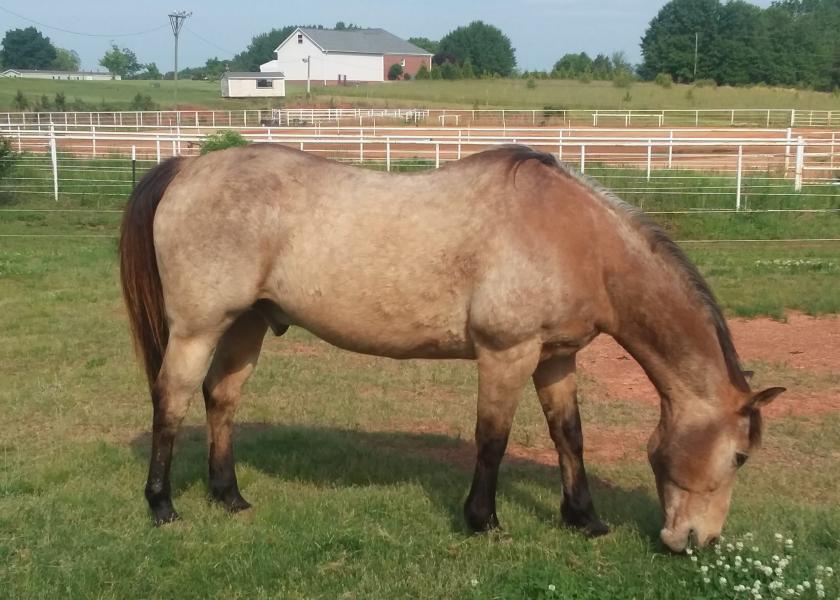Horse Dies of West Nile Virus in South Carolina

A 13-year-old gelding in Dillon County, South Carolina, died from the first confirmed West Nile Virus (WNV) case of the year, according to South Carolina State Veterinarian Michael J. Neault, director of Clemson Livestock Poultry Health.
The diagnosis was made during necropsy and confirmed by the National Veterinary Services Laboratories Sept.13. The horse’s vaccination status is unknown.
A total of six horses have died from preventable mosquito borne diseases in 2023 in S.C. In addition to the most recent death from WNV, horses in Sumter, Lee, Berkeley, Kershaw and Dillion counties have died from Eastern Equine Encephalitis (EEE).
While horse owners can take measures such as turning them in at dawn and dusk and using spray repellents, vaccination is the only surefire way to protect their horses from EEE, WNV and rabies.
“Horse owners must stay on top of equine vaccination schedules in order to protect their horses from these diseases,” Neault said.
Borne by mosquitoes, these diseases have a very high mortality rate in infected, unvaccinated horses — between 30 and 40 percent for WNV and 90 percent for EEE. However, widespread vaccination has kept the number of cases comparatively low in South Carolina compared to nearby states.
Likewise, mosquito control is an important precaution. Both EEE and WNV are maintained in nature through a cycle involving the freshwater swamp mosquito, Culiseta melanura, commonly known as the black-tailed mosquito.
The EEE and WNV viruses are fast-acting. Symptoms of both diseases usually develop from two to five days after exposure and include neurologic difficulties such as stumbling, circling, head pressing, depression or apprehension, weakness of legs, partial paralysis, the inability to stand, muscle twitching or death.







